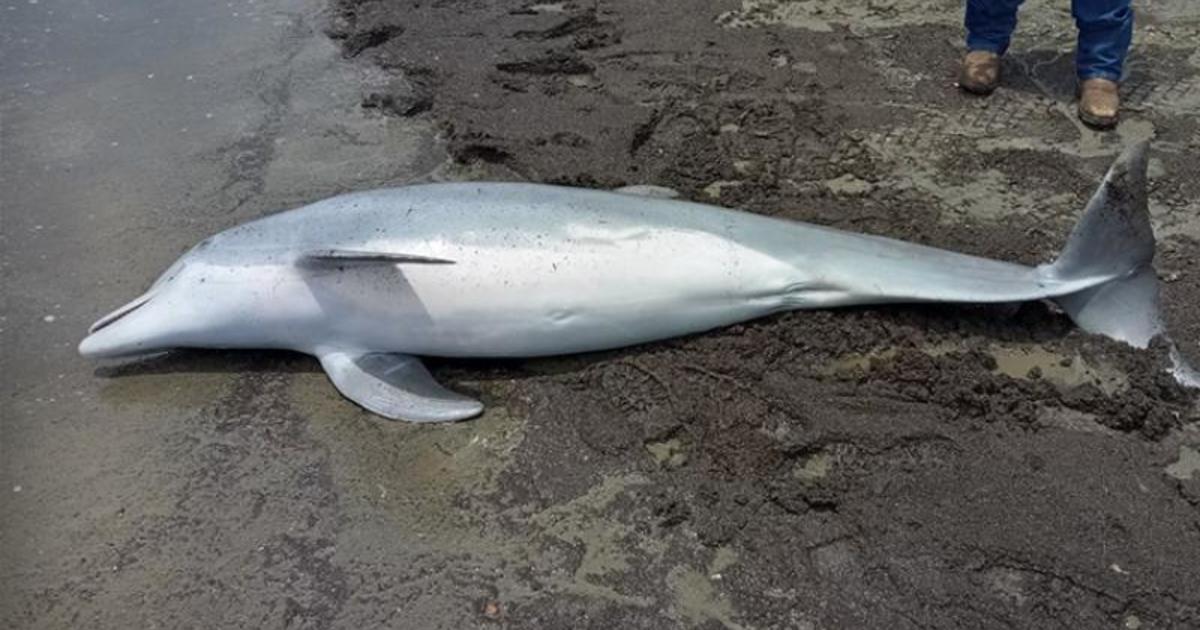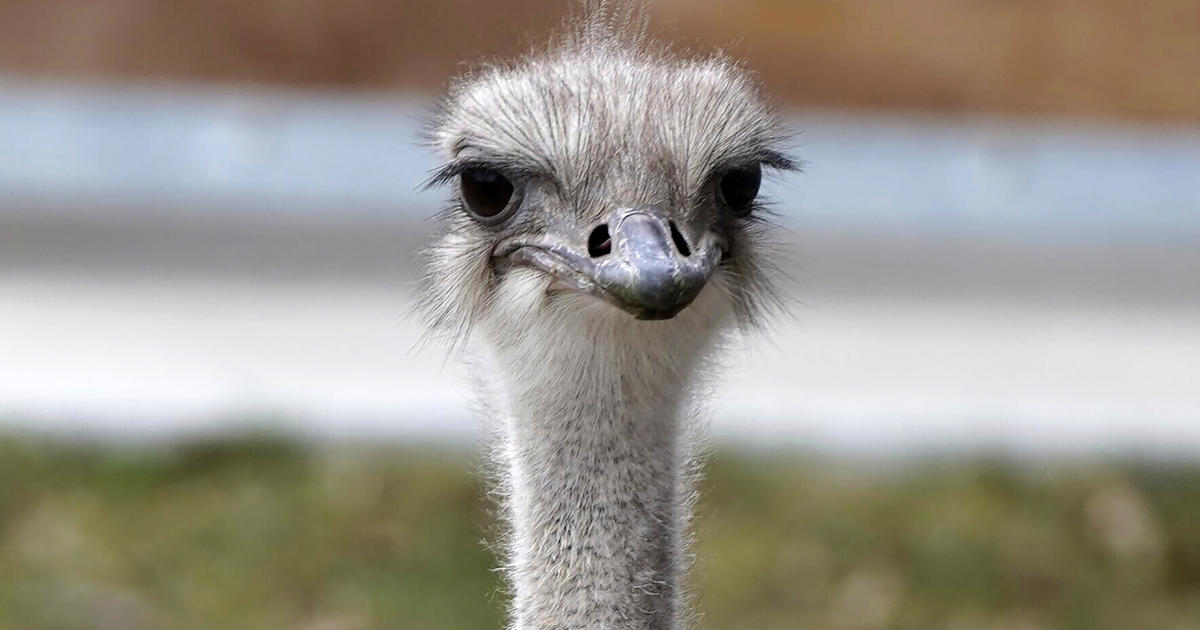Someone colored a live baby pigeon pink. It died after inhaling the toxins.
Flamingo, the bright pink pigeon that went viral last week after it was found malnourished in a New York City park, has died, likely because of the dye that was used to coat it, said the Wild Bird Fund.
The Fund, which took in the bird after it was found, said it died on Tuesday.
The bird in question was a domestic king pigeon that the Wild Bird Fund suspects was deliberately dyed pink and later released.
"Pigeons come in many different colors and plumages, but pink isn't one of them," the rehabilitation and education center said after obtaining the bird. "...This poor bird has it bad enough as a domestic bird unable to find food in the wild, fly well or escape predators, but being a bright, unusual color makes him even more of a target."
At the time the bird was found, it showed signs of "longterm malnutrition," the fund said. And while the group attempted to care for the animal, on Tuesday they announced that Flamingo had died.
"Despite our best efforts to reduce the fumes coming off the dye, while keeping him calm and stable, he died in the night," the group said. "We believe his death was caused by inhaling the toxins."
It's unclear what the specific dye used on the bird was, but the group suspects it may have been hair dye and said on Twitter that regardless of the type of dye, birds are particularly sensitive to fumes. They have tried several times to remove the coloration using several different methods.
"Birds are very sensitive to certain fumes, and this one is essentially living inside a cloud. We're also concerned about him ingesting the chemical through preening. His condition is weak, and he's struggling to keep food down," the group said last week, adding that they were using heat, oxygen, subcutaneous fluids and medication to treat him.
In a Twitter thread, the Fund went on to say that Flamingo was likely a domestic bird that had been raised for food. When they found him, he was "malnourished, barely older than a baby and had no survival skills," the group said.
"Even without the added complication of the toxic dye, he would not have survived in a city park as a white, helpless bird," they added. "...'Dove releases' sound romantic, but take away the decorations and Instagram photos, and they are the equivalent of dumping your helpless pets on the side of the road. This is no way to celebrate anything."
According to pigeon rescue organization Palomacy, domestic king pigeons are bred for food and are naturally "pure white with pink beaks." It's not uncommon for people to release them into the wild thinking it's for their benefit, the organization said, but because they are domesticated, they face "certain death in the wild."
And while the fate of this particular baby pigeon may be sealed, the Wild Bird Fund hopes that his story will help raise awareness about domestic birds.
"We'd guess (hope) that whoever did this would be upset to learn how much harm they did to this bird," the group said. "...We've received an outpouring of questions and goodwill, and we hope his story will help spark more awareness and compassion."




